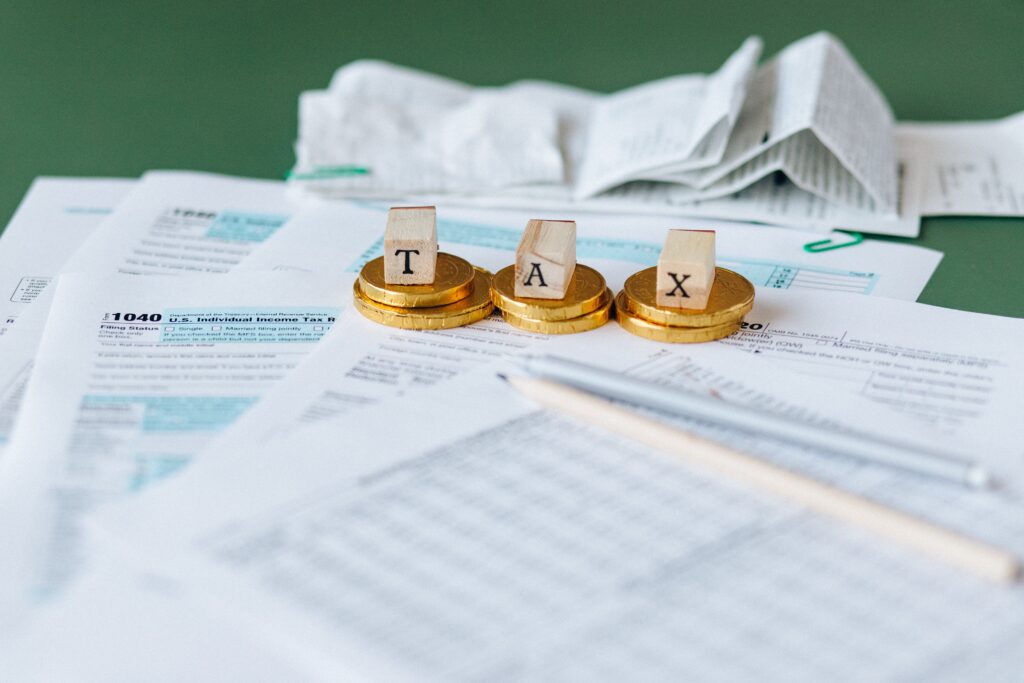
The article discusses the impact of the new government coalition deal on the property market in New Zealand. Here is a summary of the key points:
Foreign buyer tax: The proposed tax on foreign property buyers above $2 million has been scrapped. While this may have had some perceived impact on the market, it is now irrelevant. The focus now shifts to how the government will fund its tax cuts.
Mortgage interest deductibility: The timeline for the full reinstatement of mortgage interest deductibility has been accelerated. Instead of the original plan by the National party, investors will now be able to claim 60% this tax year, 80% in 2024/25, and 100% in 2025/26. While this may have some impact, it is not expected to be a game-changer due to low rental yields, high mortgage rates, and the need for large top-ups on rental properties.
Shorter brightline test: The coalition deal did not mention any changes to the brightline test, which is the period within which investment properties can be sold without incurring a capital gains tax. However, the silence suggests that a reduction from 10 years to two years is likely. This may lead to some investor purchases being brought forward but could also result in selling if investors are no longer liable for capital gains tax sooner than expected.
Inflation focus for the Reserve Bank: The new government wants the Reserve Bank of New Zealand (RBNZ) to solely focus on bringing inflation back to its target rate, removing the mandate of supporting maximum sustainable employment. This change may not have a significant impact on monetary policy, as there is a belief that the RBNZ has already been prioritizing inflation over employment.
Overall, while these policies may have some influence on market sentiment, their actual impact on the property market is expected to be relatively small.
The opinions and research contained in this article are provided for information purposes only, are intended to be general in nature, and do not take into account your financial situation or goals.




